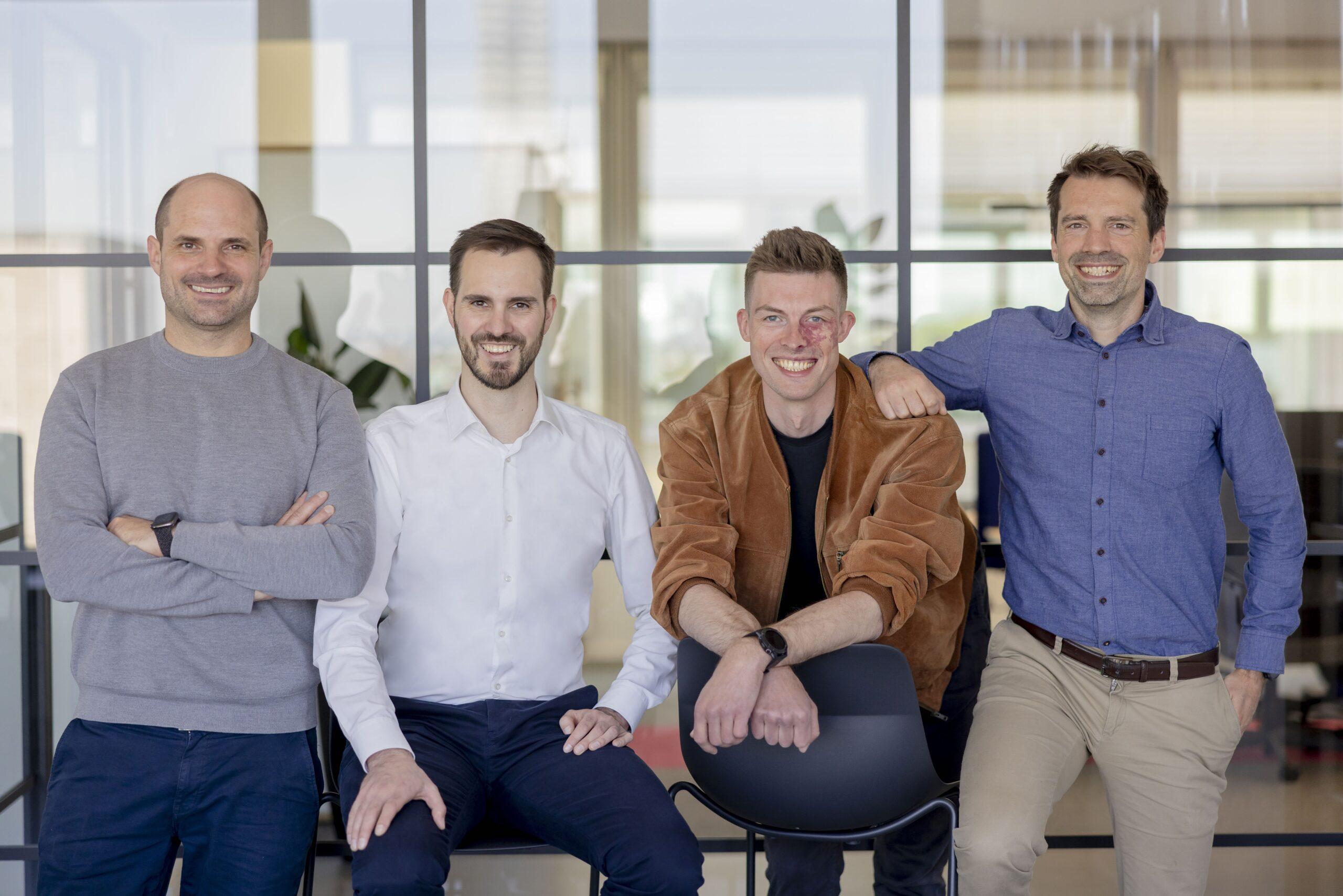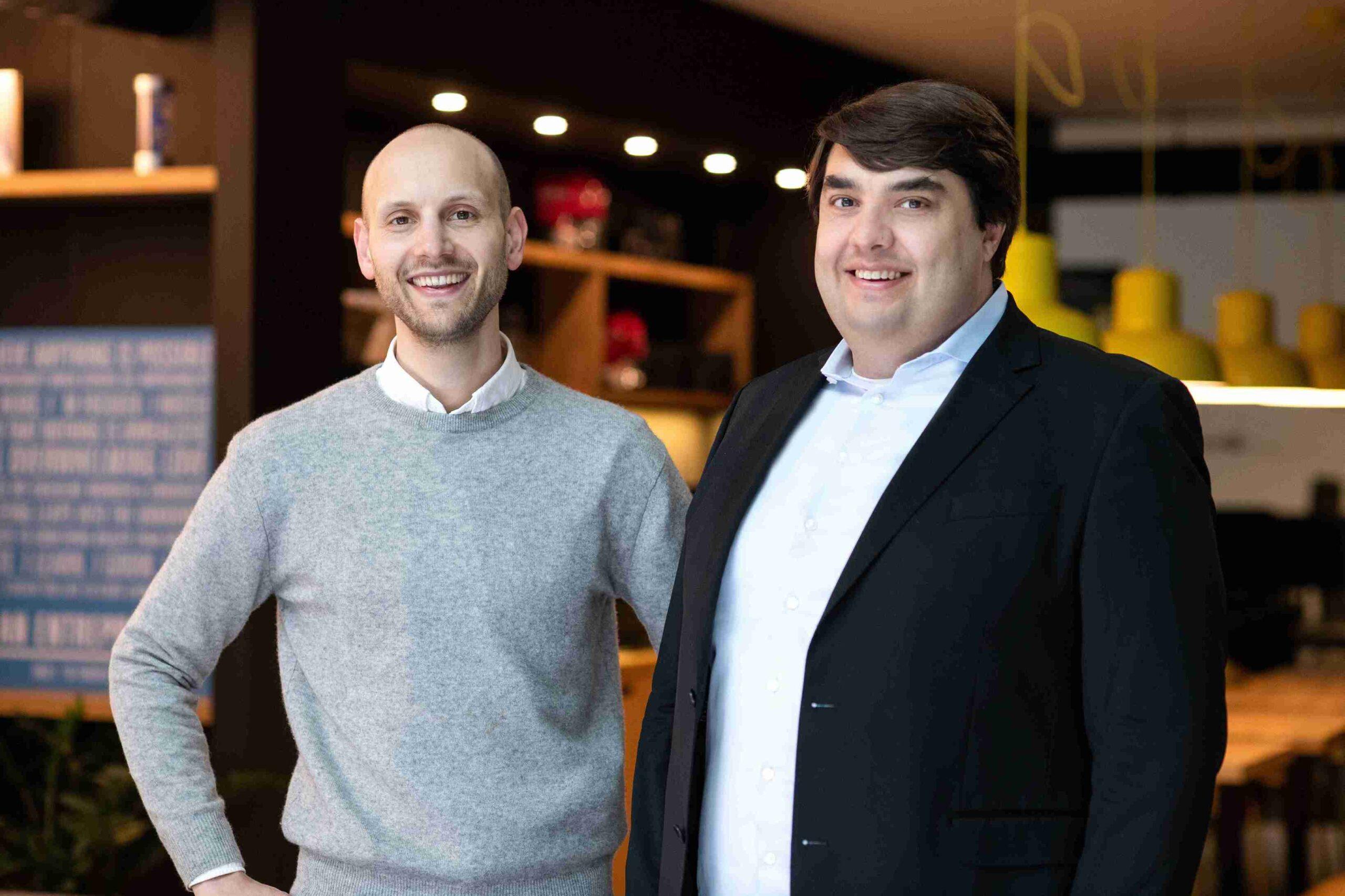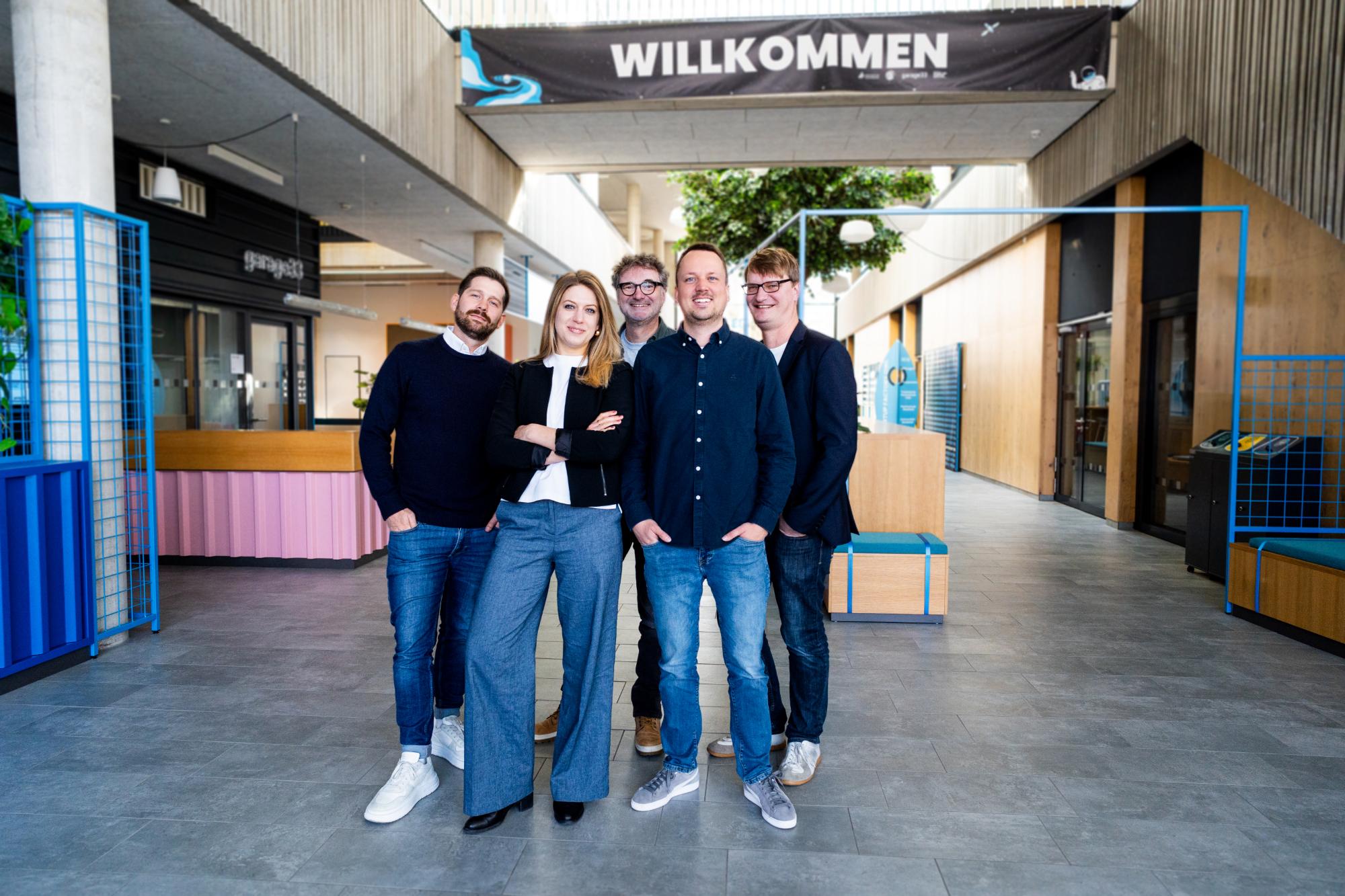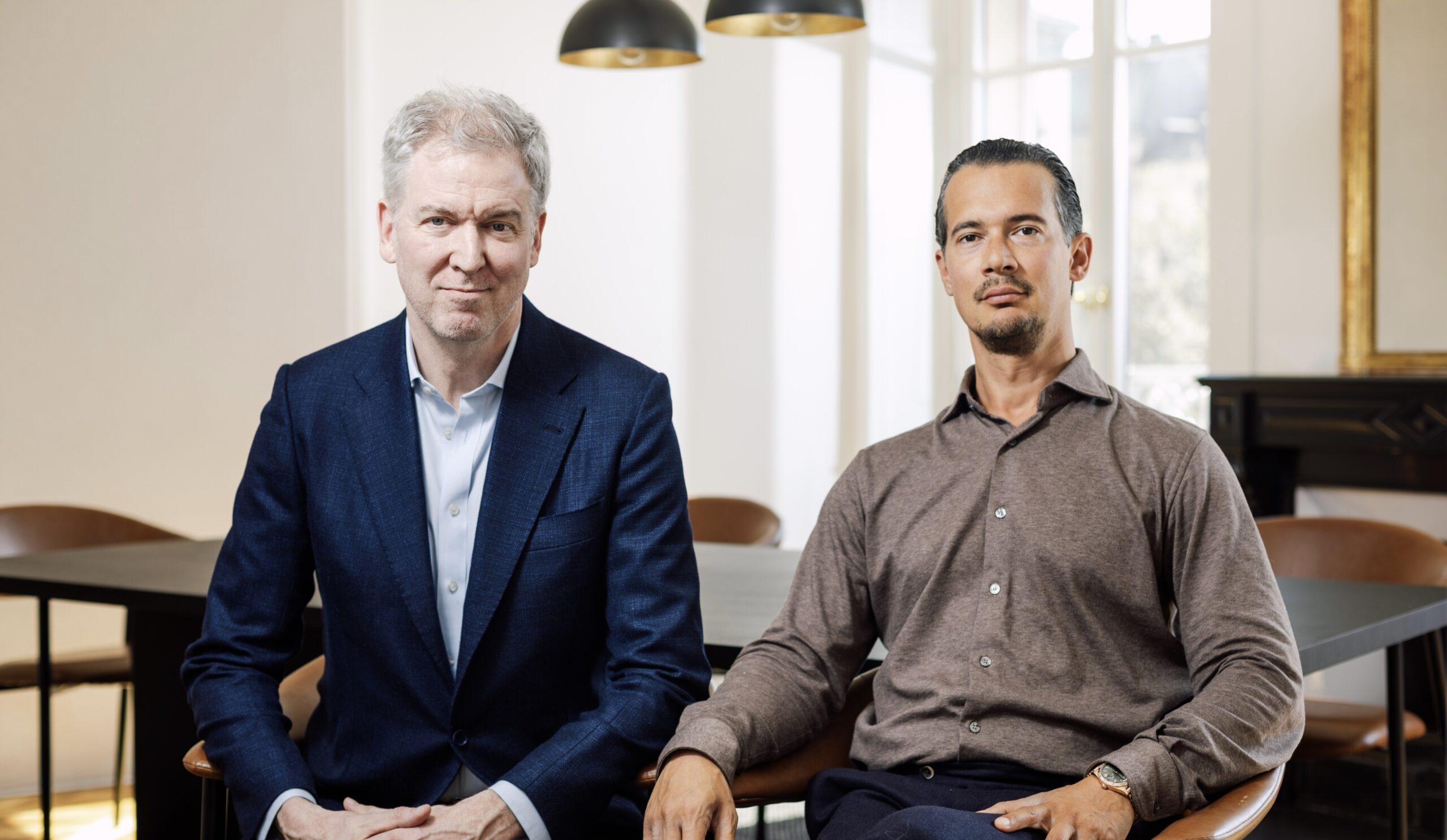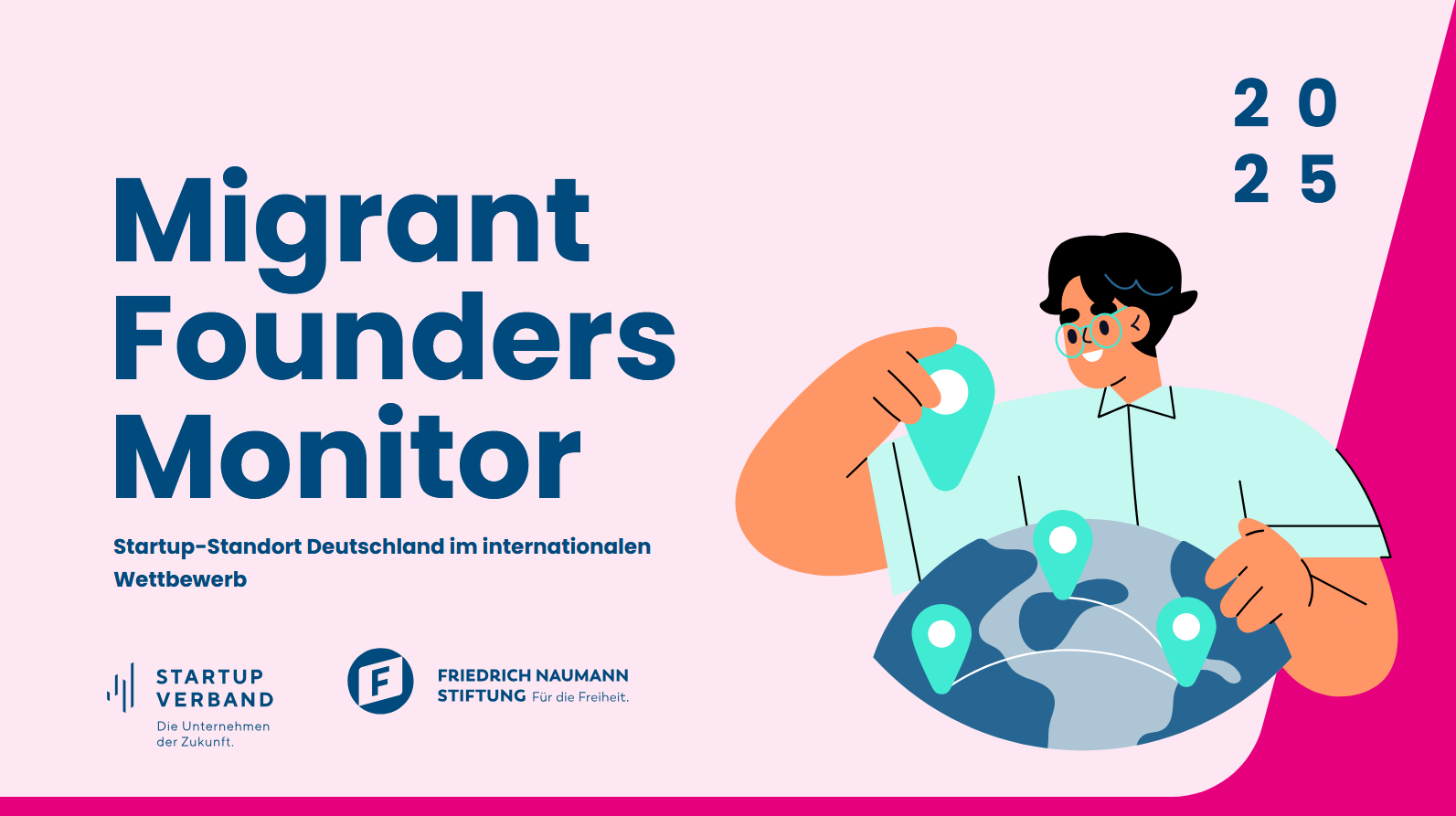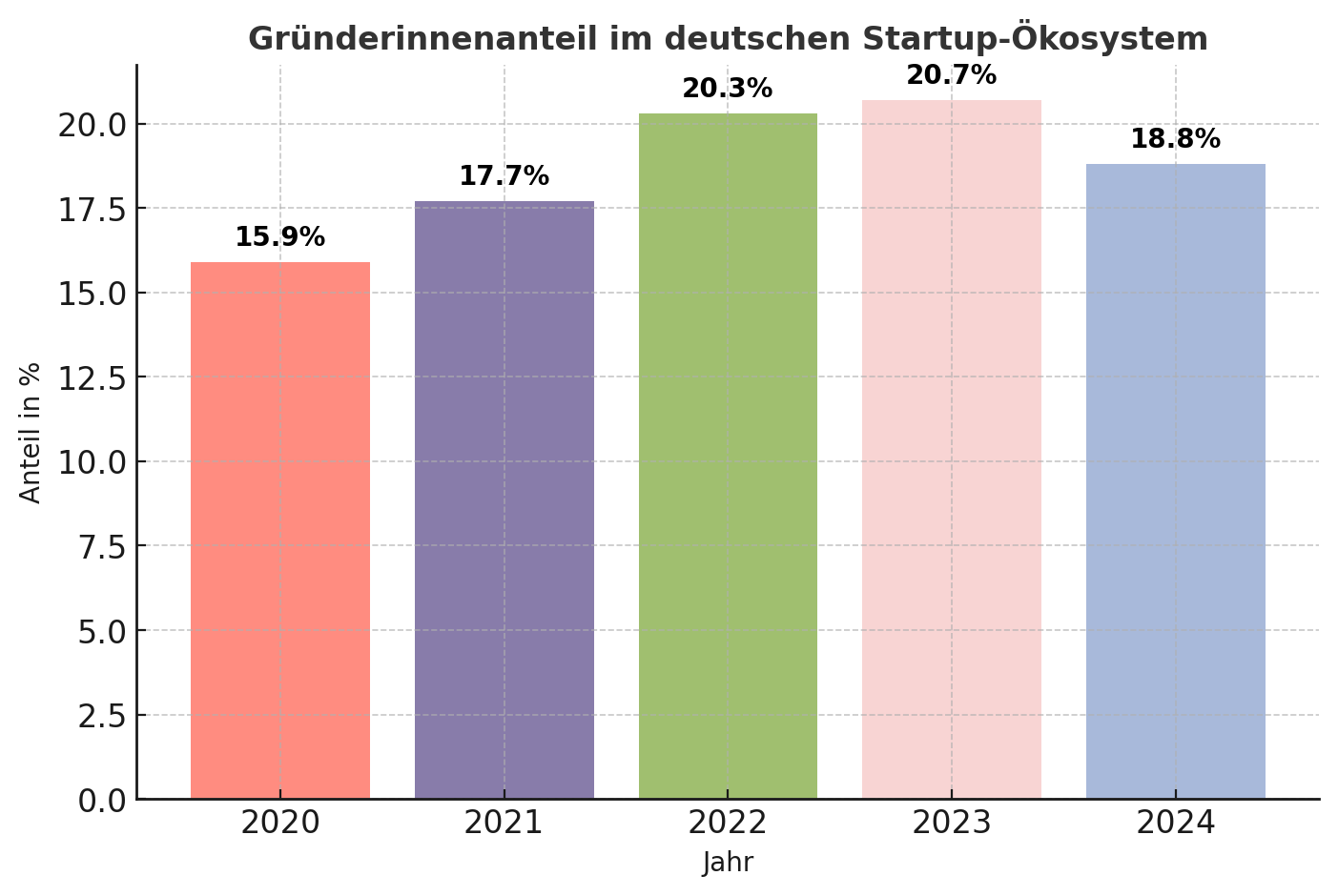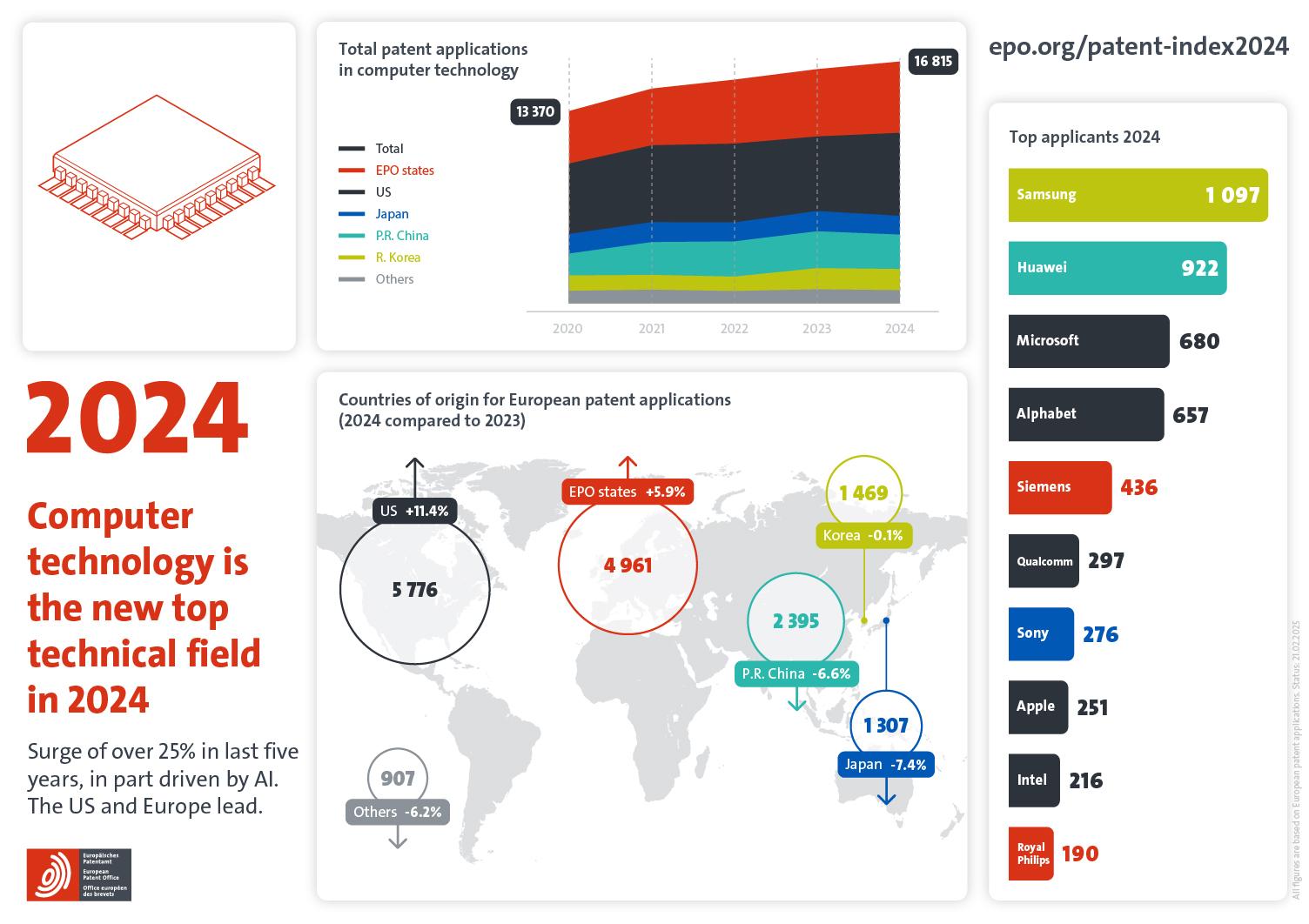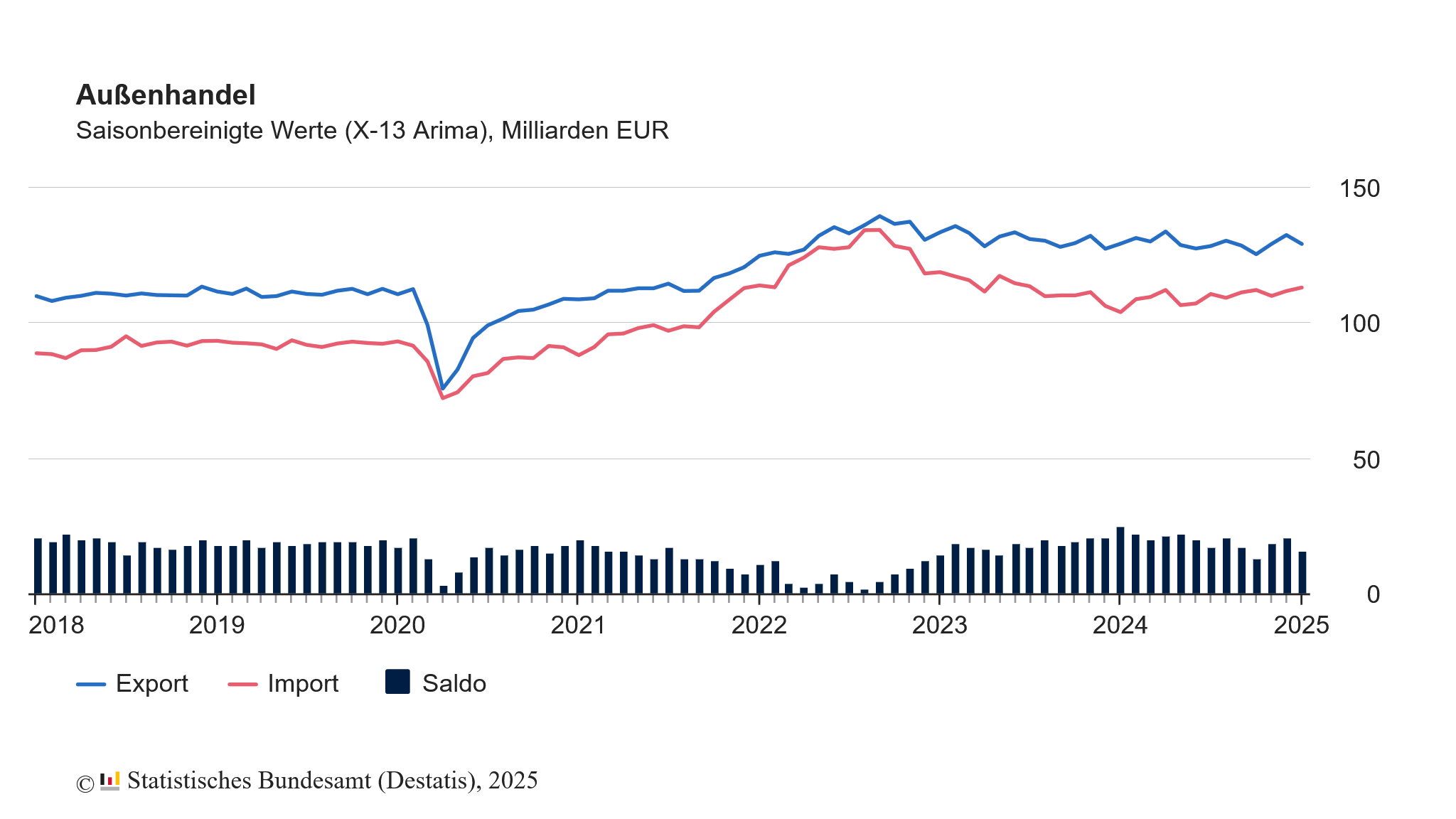The call centre next door

The Leipzig-based start-up colpari wants to use its platform to make the call center world more accessible to other young entrepreneurs, with the help of better pay for employees and personal service. Venture capitalists have so far held back, which is why a new business model is now needed.
For many technology-driven start-ups, the rule is: first increase your own market share as much as possible and then look at profitability. A good example of this are the app developers for delivery services that have sprung up around the world over the past ten years. It has been shown that their business is usually only profitable when a market is only served by one provider.
In contrast to banks, venture capitalists are therefore primarily looking for such rapidly scalable business models. As a result, companies that operate solidly but do not promise rapid growth can fall behind in the battle for this money.
Oliver Farr knows this problem only too well. He and his three co-founders Daniel Alex-Laese, Frank Fricke and Rene Rost founded colpari in 2019, a company that aims to enable young start-ups to set up their own service departments for their customers. To this end, colpari provides them with freelancers who want to work in this area via its own platform. This allows young companies to set up their own call center, for example, without having to hire one of the big service providers. At least that has been the business model to date.
The freelancer receives up to 30 euros an hour
Farr knows both the world of call centers and that of start-ups. He used to work for corporations in customer service, then advised Leipzig start-ups in this field. "My co-founders have similar biographies, so it seemed logical for us to set up a company for precisely this service," he says.
Many of the founders who met Farr in Leipzig found the concept of established call center companies unsuitable. They were particularly put off by the fact that they were not given a permanent team, he says. Colpari therefore places freelancers with companies, who then act as a permanent service team for customers. Payment is made either by the minute or by the ticket, the latter especially if customer service is not primarily provided by telephone but by e-mail. Colpari collects a fee per minute worked. One minute of service costs at least 85 cents, 50 cents of which is paid to the freelancer. That makes an hourly wage of 30 euros. "They also receive a fixed hourly rate for training, which is not common in the industry for self-employed employees," says Farr.
This concept has been in place since mid-2020 and colpari has been able to acquire several customers. Among others, a cosmetics company uses the start-up's services. A technology product provider also relies on colpari. The model can be expanded as required, says Farr. Basically, the greater the client's staffing requirements, the better - you are in a volume business. "I used to work at eBay, where well over 300 people worked in customer service; in theory, we could do the same with our model," says Farr.
The start-up wants to be less of a call center and more of a tech company in the future
Colpari is already profitable with its current model. But because the start-up wants to grow further and needs more money to do so, it feels compelled to fundamentally revise its business model. In fact, companies like colpari often reach their limits in the growth phase. This is because venture capitalists are usually looking for one thing above all else: rapid scaling potential. It only helps to a limited extent if the business model is already profitable at an early stage.
The Leipzig-based company therefore wants to take the first steps from customer service provider to software company this year, not only providing freelancers, but also making its own computer programs available. "Companies invest a lot of time and money in their service organization. They have to provide infrastructure and administration and employ experts," explains Farr: "With our customer service operating system, companies have a central point of contact to design and set up their entire service organization." In this way, the start-up hopes to be perceived as a technology company in just two to three years.
The advantage of a software-as-a-service company is that the business usually grows more rapidly and more investors take notice. If everything works out as Farr and his colleagues imagine, the call center market would ultimately be truly revolutionized. Every company could set up its own.

Newsletter
Startups, stories and stats from the German startup ecosystem straight to your inbox. Subscribe with 2 clicks. Noice.
LinkedIn ConnectFYI: English edition available
Hello my friend, have you been stranded on the German edition of Startbase? At least your browser tells us, that you do not speak German - so maybe you would like to switch to the English edition instead?
FYI: Deutsche Edition verfügbar
Hallo mein Freund, du befindest dich auf der Englischen Edition der Startbase und laut deinem Browser sprichst du eigentlich auch Deutsch. Magst du die Sprache wechseln?





